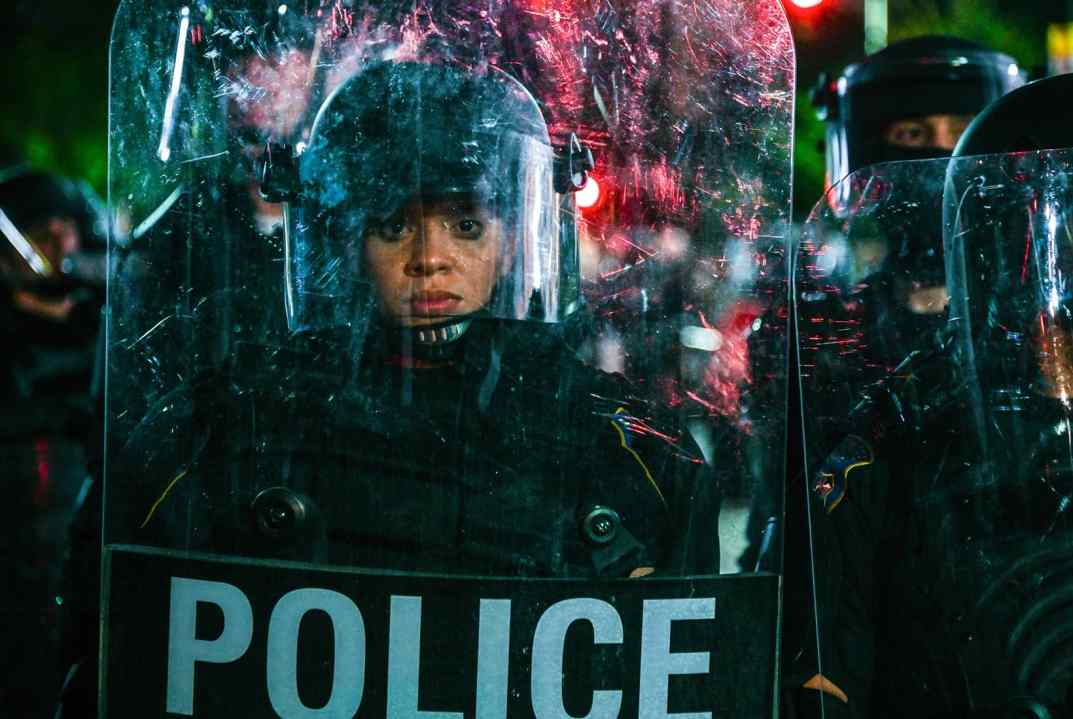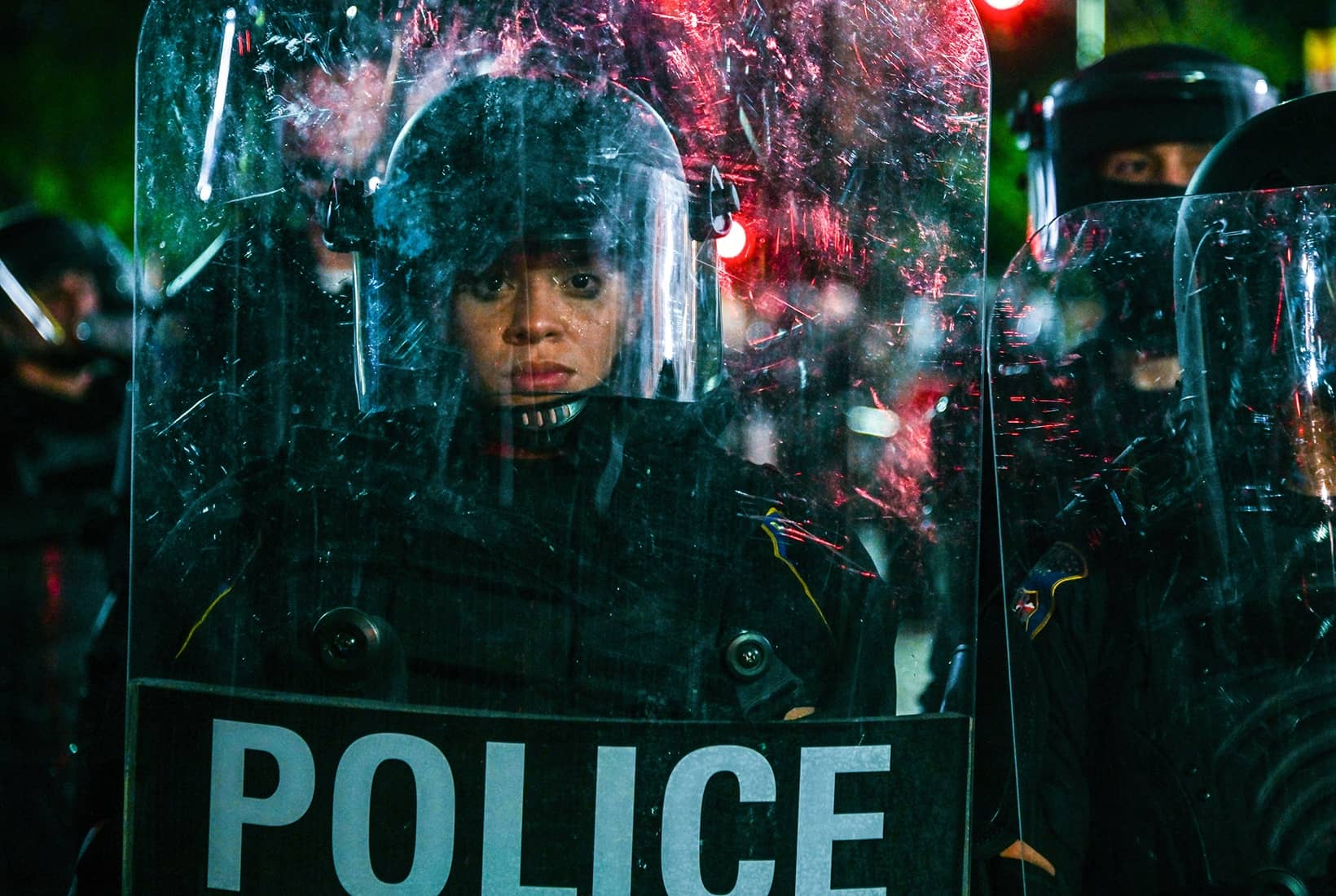How do we have difficult conversations? Especially in an age of polarisation, where everything is immediately politicised? But also where calls for ‘nuance’ and ‘complication’ are sometimes used to justify what is really just bigotry. Is it possible to be both protective of the vulnerable and to allow for a larger pursuit of justice and compassion? These are the questions I was left with after listening to the podcast series The Inbox (part of the larger anthology The 11th), a tricky but sensitive look at the questions that surround the adjudication of sexual violence accusations on college campuses through the Title IX system.
Sarah Viren wrote an essay for the New York Times about the accusations of sexual harassment against her wife that went viral. Her wife Marta worked as an assistant professor at Arizona State University, and one day she was informed she had been accused by her student of sexual harassment. The story that spirals from there — a bureaucratic nightmare of being dragged before a tribunal, a marriage that is strained by disbelief and mistrust — was riveting and felt singular. Sarah and Marta felt as though they must be the only ones to experience such a baffling and bizarre process of trying to prove innocence when it was difficult to ascertain the motivation behind the accusations and the frailties and inadequacies of the Title IX system. But no, there were others.
Title IX started with good intentions but ended up punishing the innocent or being used as a weapon of retaliation
Through The Inbox, Sarah Viren talks to some of the people, mostly professors, who wrote to her after her essay was published, saying they had experienced similar false accusations and had struggled to retain their jobs and their sanity. And through these stories, you get the more complex perspective on a system that was started with good intentions, as a method of protecting women on campus from sexual violation, but whose flaws are so major it often ends up punishing the innocent or being used as a weapon of retaliation. (I am not really unbiased in my understanding of Title IX, having watched a friend struggling to maintain her equilibrium as she herself dealt with a round of false accusations a few years back.)
And the stories are striking. A woman is falsely accused of sleeping with students by a bitter colleague, a woman terrorised by a vengeful ex. Each is trapped, being asked to prove innocence despite information being withheld, and despite punishment being doled out arbitrarily. Viren is careful in her framing of these stories, giving dignity to people who have been through hell and have not been able to talk about it for a very long time, while also maintaining the overall focus on the failures of the system itself. It’s a tough listen, but rewarding.
Also tough listening is the BBC’s investigation into the Gun Trace Task Force of the Baltimore Police Department, a gang of cops who stole money from citizens, who committed murders, who sold drugs and planted evidence on innocent people, and were allowed to operate with impunity for years. It’s called Bad Cops, and it’s a wild ride.
It’s also a hot story right now — there’s the very good book, I Got a Monster, by journalists Baynard Woods and Brandon Soderberg, and there’s an upcoming HBO miniseries — but if you prefer your true crime investigations in podcast form, Bad Cops does its job very well. (One can only wish for a slightly less corny name next time.)
After the protests that followed the death of Freddie Gray in police custody, and the acquittal of the police officers involved in his death, the Baltimore police department pulled back and reduced its engagement with the community. Crime rates went way up, and the narrative put forth was that Baltimore needs its police department. Look, if they don’t do their jobs, the city falls into chaos. The real version of events was that a lot of those crimes suddenly plaguing Baltimore were being done by these cops.
The city of Baltimore is currently trying to clean up this mess of corruption and crime. Bad Cops does a good job of outlining this period of mutual hostility between the community and the police force, the history of abuses and harassment, showing how a grand city has been neglected and mismanaged, leading to an opioid crisis, poverty, and a very high homicide rate. And through these problems, how corrupt police were allowed to take advantage of an already shaken populace and go on a crime spree without anyone noticing for years.






Comments